Rules of nutrition when training kung fu in China
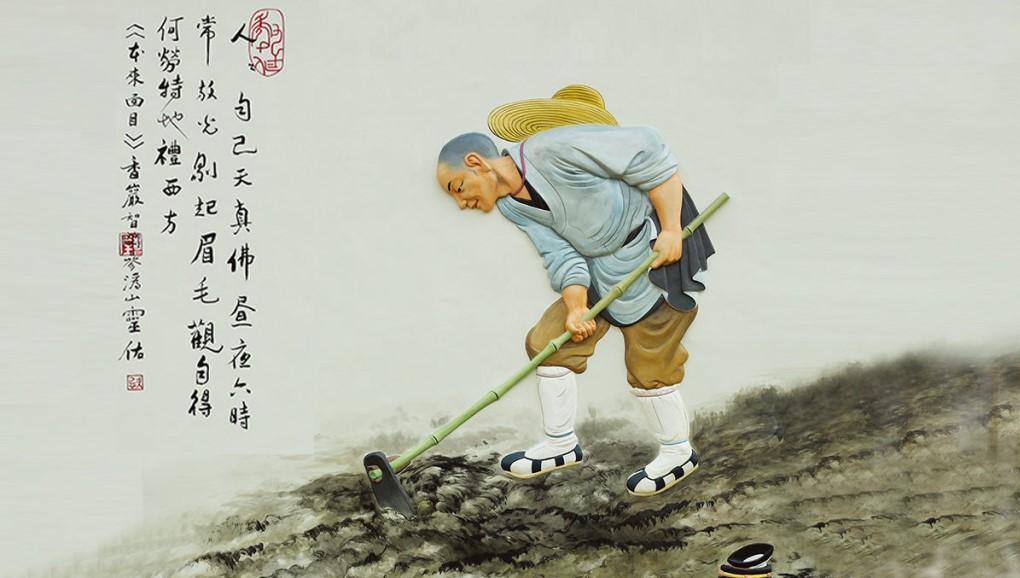
Unusual dishes and cooking secrets that would help to be the kung fu master, does not exist.
Many Chinese food balancing principles have spread around the world and become part of local menus, especially in countries where there are many health-conscious followers.
In General, there are no strict rules in the Chinese philosophy of nutrition. The main thing is to understand what products lead to health and longevity, and which — to diseases, take into account the season of the year and be able to listen to your body. The beneficial properties of the products and their combinations are often used in traditional Chinese medicine (TCM) for treatment and prevention, as well as for the effective use of the body’s resources during grueling training and recovery.
Prayer before meals
| Chinese | Pinyin |
| 锄禾日当午 汗滴禾下土 谁知盘中餐 粒粒皆幸苦 节约光荣 浪费可耻 | Chú hé rì dāng wǔ hàn dī hé xià tǔ shuí zhī pán zhōngcān lì lì jiē xìng kǔ jiéyuē guāngróng làngfèi kěchǐ |
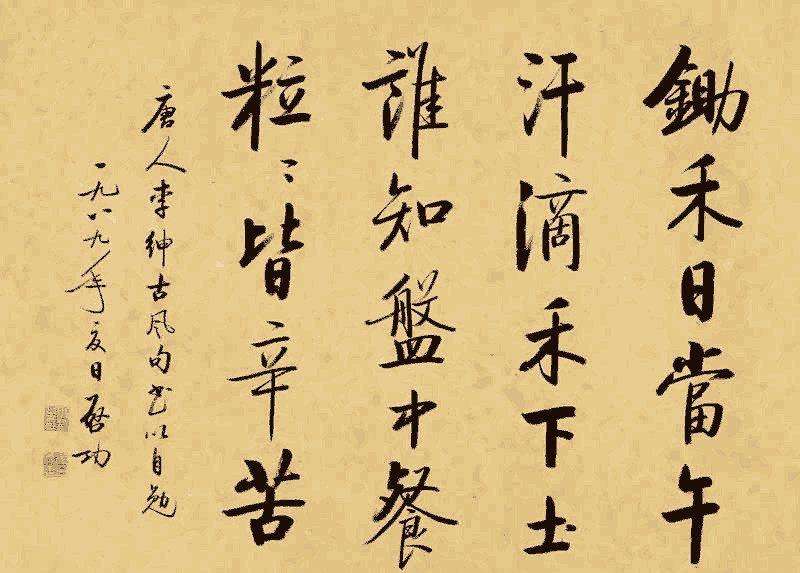
7 rules of diet for kung fu practitioners
- The largest share of the diet consists of vegetables: cabbage, radish, celery, potatoes and rice.
- Fresh fruits that help digestion and give energy: bananas, plums, apples, grape.
- As a source of protein, different beans, tofu, soy products are preferred.
- Fish, shrimp can be eaten as an additional source of protein and micronutrients.
- Preferable drinks: decoctions and infusions of herbs, tonic and strengthen the immune system.For example, kujing, ginseng, leaf tea.
- At It is necessary to drink a lot of water during training: hot or warm. Drinking ice-cold or just cold water is not recommended, especially in hot days in the summer.
- Smoking, wine, artificial sweets are excluded.
Diet at the Shi Yanchen’s Kung Fu School
Meals at school are three balanced meals per during the day as scheduled. Useful carbohydrates that provide energy for exercise, make up about 85% of the total diet. When practicing kung fu, the muscles are intensely work and require protein for recovery, so the cooks make sure to watch, so that there is enough of it in the food. Poultry, fish, eggs, tofu, and beans are common sources of protein in our diet.
Fresh seasonal fruits, herbal infusions, Chinese teas are on the menu every day. We also recommend drinking plenty of fresh, clean water to maintain the body’s water-salt balance.
In general, our menu looks like this:
Breakfast: egg, soup or porridge of rice or corn, cooked vegetables
Lunch: noodles or rice in various forms, with cooked vegetables
Dinner: soup, cooked vegetables
Each meal comes with traditional steamed rice or wheat buns. Products are bought at local markets from farmers. We are confident that the products are organic, without added hormones or preservatives.

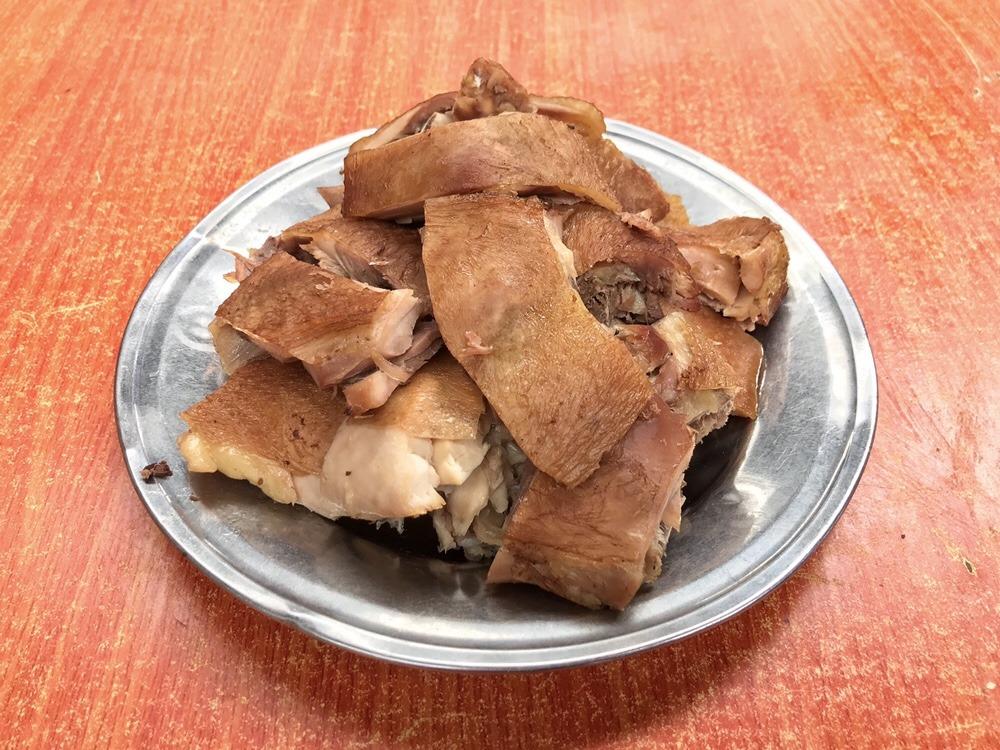
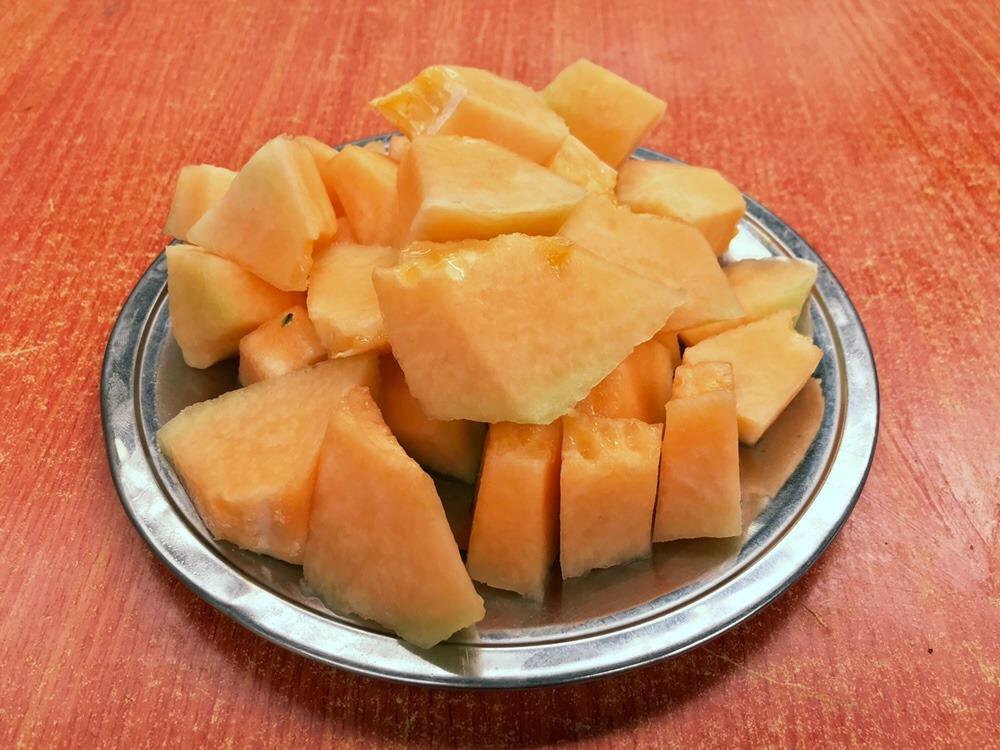
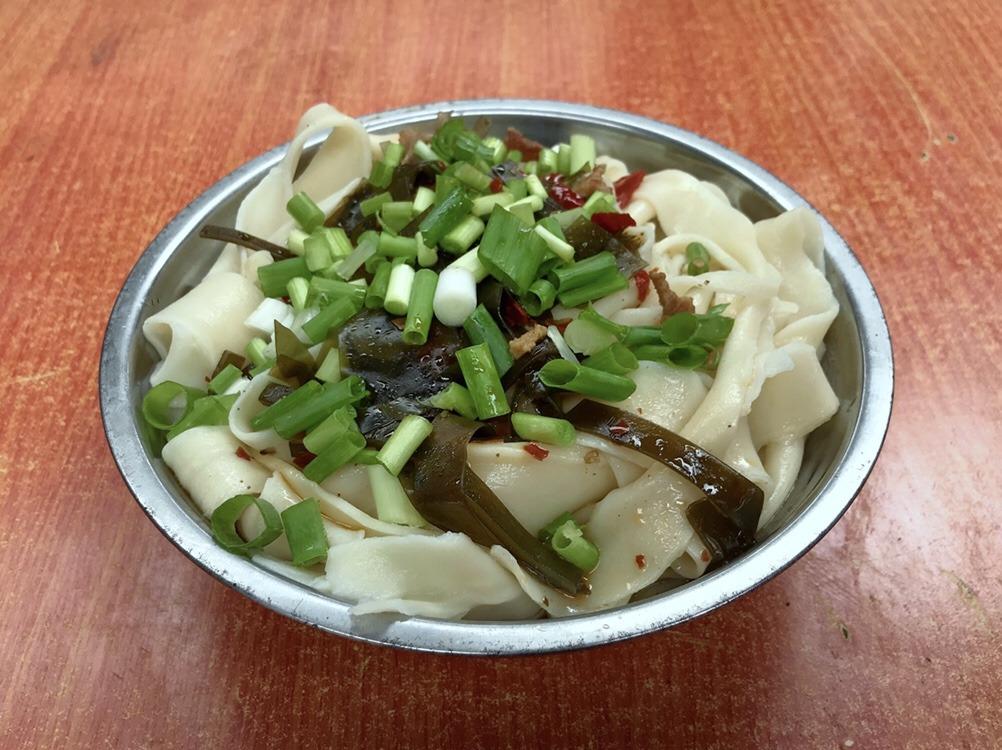

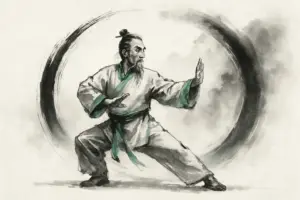
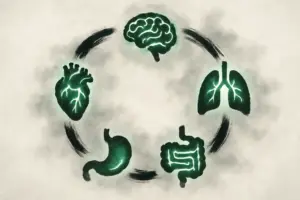

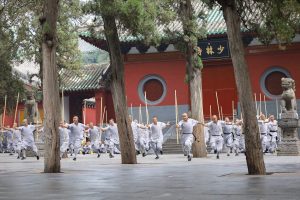

This is a very common feeling, don’t worry. It might feel difficult now, but consistency brings amazing results. Best regards on your path.
We love hearing from dedicated students. It might feel difficult now, but consistency brings amazing results. Let us know if you have any other questions.
more videos pls! text is hard to visualize moves.
Thanks for asking! You don’t need to be perfect, you just need to be present. Hope to see you on the mats soon!
Interesting take. Not sure I agree 100% but… makes you think.
I appreciate your honesty here. Master Shi Yanchen always says that patience is the first skill to learn. Keep going, you’re doing great.
wow. mind blown. never thought of it that way. )
This is a very common feeling, don’t worry. The most important step is simply showing up to class. Let us know if you have any other questions.
keep it up. consistency is key right
Thank you for sharing your thoughts! The most important step is simply showing up to class. Looking forward to training with you.
Interesting take. Not sure I agree 100% but… makes you think lol
Thank you for sharing your thoughts! Training is a journey, and everyone moves at their own pace. Best regards on your path.
typo in the second paragraph… just saying. grammar nazi here sorry!!
You are asking the right questions. Our doors are always open if you want to try a session in person. Warmly, the Team.
Typo in the second paragraph… just saying. grammar nazi here sorry!! lol
I appreciate your honesty here. We’d love to help you work on this specifically in class. Looking forward to training with you.